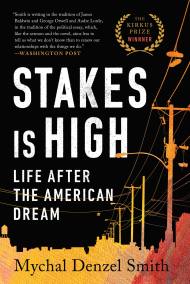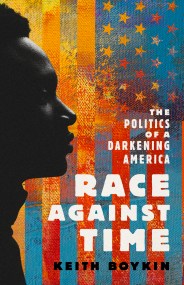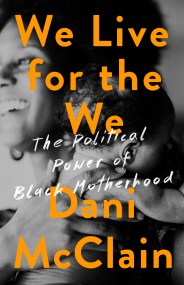By clicking “Accept,” you agree to the use of cookies and similar technologies on your device as set forth in our Cookie Policy and our Privacy Policy. Please note that certain cookies are essential for this website to function properly and do not require user consent to be deployed.
Lincoln And The Negro
Contributors
Formats and Prices
Price
$21.99Price
$28.99 CADFormat
Format:
Trade Paperback $21.99 $28.99 CADAlso available from:
First published in 1962, Lincoln and the Negro was the first book to examine in detail how Lincoln faced the problem of the status of black people in American democracy, and it remains unsurpassed. Starting with Lincoln’s childhood attitudes, Benjamin Quarles traces the development of Lincoln’s thought in relation to the African American, a development which was to culminate in the Emancipation Proclamation. Concerned at first with methods of colonization outside the United States, Lincoln came later to advocate not only emancipation of the slaves, but also equal political rights for them. In addition, he was the first president to invite black Americans to the White House and to treat them as equals. Black attitudes towards Lincoln evolved almost as much Lincoln’s own attitude. When he was first elected, blacks expected very little from Lincoln. But he slowly gained their respect—by recognition of individual African Americans, by placing them in the Union Army, and ultimately by the Emancipation Proclamation. His assassination served to enshrine him as a hero for the newly freed slaves. Lincoln and the Negro, in examining both sides of the relationship, is a vitally important contribution to our understanding of Abraham Lincoln and of American democracy itself.
- On Sale
- Aug 22, 1991
- Page Count
- 288 pages
- Publisher
- Da Capo
- ISBN-13
- 9780306804472
Newsletter Signup
By clicking ‘Sign Up,’ I acknowledge that I have read and agree to Hachette Book Group’s Privacy Policy and Terms of Use







